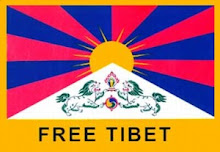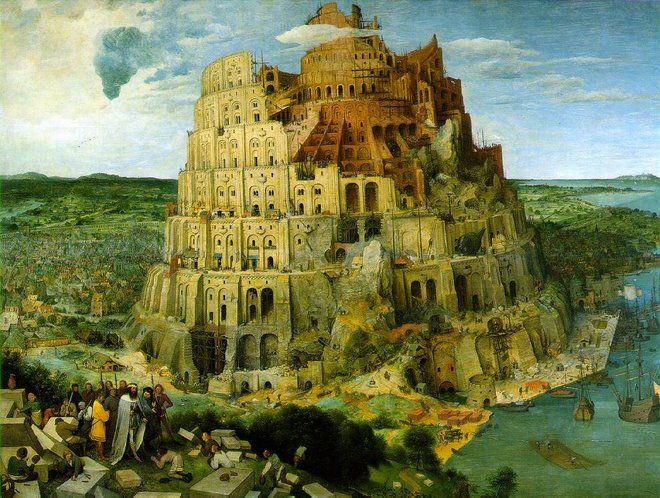 Here are some Amazon customers reviews (click here for more):
Here are some Amazon customers reviews (click here for more):«This is an amazing album. The Amazigh artist Othmani has created a once in a lifetime expression of the desert. As an Amazigh myself, I must commend Othmani on an impeccable and smooth collection. Highly recommended for anyone who wishes to get lost in the rhythms and melodies of the Algerian Sahara.»
«Baly Othmani makes some of the most entrancing, enchanting and beautiful music. He is Algerian Tuareg è[…] playing the oud, which is related to the guitar. I first heard 2 songs by him on the Desert Blues: Ambiances du Sahara album. Both are totally addictive. I highly recommend this artist and all of his albums.»
«I got this album because I loved Shehan’s collaboration with Omar Faruk Tekbilek on his latest album. In any case, Assarouf is so lovely. The music is intense, rich – and Baly Othmani provides the most perfect vocal accompaniment. […] It’s a shame that the album is not readily available new anymore».
Well, “no more available new”, but available here on Babe(b)logue. Enjoy it!
Steve Shehan’s personal Website: http://www.steveshehan.com/index_site.html
Link in comments
















